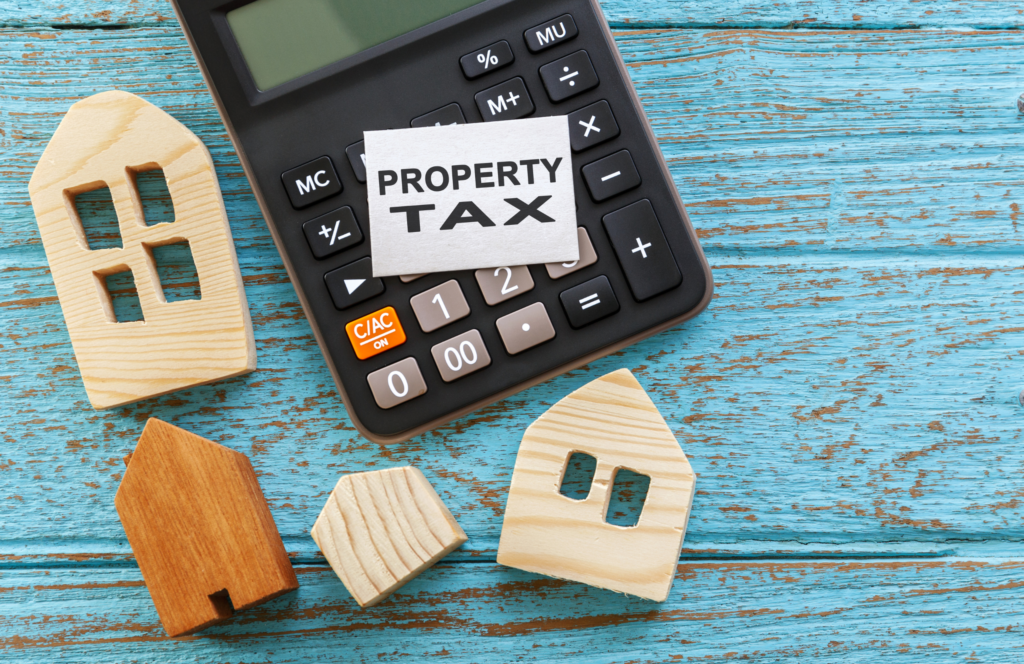
Greetings, tech-savvy homeowners of West Michigan! If you’re as captivated by the marriage of modern living and innovative technology as I am, then you’re in for a real treat. The smart home evolution is charging forward, and Forbes has delivered a treasure trove of insights on what’s set to take 2023 by storm. Let’s dive into the most exhilarating tech trends reshaping homes across our beloved West Michigan.
1. The Era of Connected Appliances Imagine a home where your refrigerator knows exactly when to order groceries or your oven adjusts cooking times on its own—this is the new normal. Home automation is taking center stage, granting homeowners effortless control over lighting, security, climate, and entertainment systems. With a tap on your smartphone, you can transform your living space into an oasis of convenience.
2. Customized Smart Showers Introducing the future of relaxation—the smart shower. This year, top brands are unveiling digitally personalized showers that cater to your preferences. From warm-up modes to user presets, these showers offer more than just a refreshing experience. Now you can customize elements like temperature, flow, and even indulge in audiotherapy, chromotherapy, and aromatherapy—yes, aromatherapy in your shower! With built-in Wi-Fi and voice-activated controls, smart showers are revolutionizing our daily routines.
3. Hygiene-Conscious Touchless Faucets Bid farewell to messy kitchens and say hello to touchless faucets. These unsung heroes promote hygiene, conserve water, and save you time. With touchless operation and smart sensing technology, these faucets elevate your kitchen experience. West Michigan homeowners can now minimize water wastage and maintain cleanliness with ease.
4. The Era of Smart Toilets Basic toilets are a thing of the past. Smart toilets have stormed the scene with sleek designs and enhanced functionalities. Get ready to embrace electronic toilets and bidets, complete with features like warm water washing and hands-free operation bringing a touch of luxury and innovation to our daily lives.
5. Eco-Friendly Smart Water Networks In West Michigan, nature is dear to us, and our homes are following suit. Eco-conscious practices align seamlessly with smart home trends, shaping a greener future. Smart water networks are stepping in to manage outdoor irrigation efficiently. Sprinkler controllers and wireless soil sensors ensure your yard is watered only when needed, conserving water and minimizing wastage.
From sleek faucets to revolutionary smart showers, these trends are reshaping homes across West Michigan. Whether you’re considering a small upgrade or a grand transformation, smart technology has something to offer. These innovations aren’t just about aesthetics—they enhance the efficiency and harmony of your home life. Embrace the future with open arms, and consider the possibilities that lie ahead for your West Michigan haven.
Source: Forbes Home










